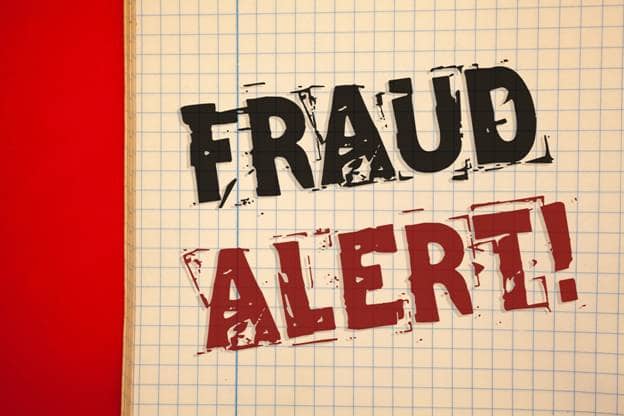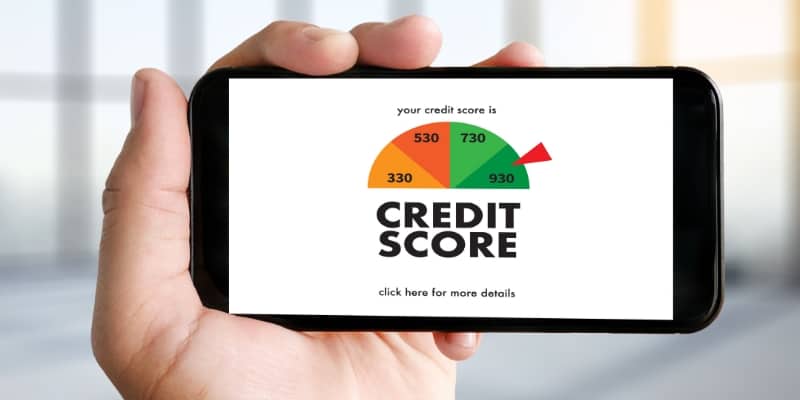Online scams have occurred for a long time, wreaking havoc on the emotional and financial well-being of its victims. As a result of various scams, 2% of people said the identity theft they suffered hindered their ability to get new credit cards. In comparison, another 2% stated that they were unable to get any other type of loan as a result. However, now people are preying on those who have been impacted by the corona virus. It is estimated that as of April 2020, people lost about $13.44 million due to COVID-19 scams. Knowing how to protect yourself from these scams can make a significant difference in your ability to boost your credit score.
1. Ransomware/Phishing Email Scams
Ransomware and other phishing email scams aren’t new or exclusive to COVID-19 scams, but these are scamming that impact more and more people every year. The way these scams work is that you click on an email that looks legit, only you end up accidentally downloading a virus onto your computer. This virus can steal all of your financial information and other personal information so that they can steal your identity to access your accounts.
Another significant issue here is ransomware, which can be incredibly awful to fight. What makes ransomware so terrible is that the hacker using it can get your information and hold it hostage for a ransom. To regain access to your files, you have to pay money to the hacker.
There are things that you can do to prevent this issue. First of all, you should always be sure that your anti-virus is up to date as there are still updates to protect you from new threats. It’s also a good idea to setup multi-factor authentication to any sites that you possibly can to protect your information. This strategy is particularly useful because you can see if multiple attempts have been made to access your accounts to help you take proactive measures to protect your account.
2. Fake Websites for Coronavirus Information
Since the corona virus started running rampant, so has fake websites about this pandemic. These sites range from offering phony information on the virus or stealing money from people by supposedly offering cures to the corona virus or extorting cash in some other way from unsuspecting victims. The best way to prevent falling victims to these types of scams is by making sure that you keep yourself informed about the corona virus from only reputable sources like the CDC or WHO.
3. Stimulus Check Tax Fraud for Coronavirus Relief
Since the CARES Act was passed, people have been waiting for their stimulus money. The problem is that scammers are taking advantage of this stimulus to scam people out of their money. There are a few ways scammers are trying to get your information and money using this approach. One way is by setting up fake IRS websites to get information from potential victims. They also use robocalls to get information to steal your money. To prevent falling for these scams, get your information from the official IRS website. They won’t contact you through text message or by calling you to get your information.
4. Any Online Tests, Remedies, or Vaccines for Coronavirus
There are no FDA approved vaccines or online tests for the coronavirus. Anything that says otherwise is trying to scam money from you and may even be selling you a potentially dangerous product. You could ask your local health department to be sure that you are going to a legitimate testing site and keep up-to-date with the latest coronavirus news from WHO or the CDC to learn when a real vaccine or treatment is approved.
5. Fake Online Promotions and Mobile Apps for Coronavirus
While many leaders in the tech world have already started cracking down on fake coronavirus apps, there are still ones out there that you should be aware of, such as corona live 1.1. This service claims it is an app for tracking the coronavirus, but it is a tracker that watches you. Top tech companies, Google and Apple, have worked with reputable organizations to create their apps such as Apple’s COVID-19 screening tool or Google’s suite of tools to help employees work remotely.
By going to sites like Google and Apple, you can get safety recommendations that can keep you safe from those malicious individuals who want to steal your information.
6. Online Sales for Fake PPE (Personal Protective Equipment)
Anyone who has needed a mask or other PPE equipment knows how hard it can be to get during these difficult times. This fact is a perfect opportunity for people who want to take advantage of those in need of these items. They end up selling things that won’t keep you safe, or where you won’t get any items at all.
While some places like Facebook are more vigilant in taking these fake advertisements down, you still aren’t entirely safe. There are some methods to protect yourself from these scams. One way is by checking the buyer’s reviews and the seller’s ratings to see if they are a reputable seller. You can take your chances by buying items from Amazon since they will cancel orders if the seller violates their policies. Otherwise, you should be smart and purchase items from a reputable seller only.
When scammers get a hold of your financial information, it can be challenging to improve your credit score. If you have been scammed, you may want to find ways to boost your credit. Have you discoveredthat “I need to fix my credit score,” after falling victim to a scam? PREMIER CREDIT PLUS is here to help you get a boost to your credit score that you need to overcome this problem. Our group of professionals is highly experienced and knowledgeable when it comes to offering financial advice that gives you an increase in your credit score that you need.Contact us 844-829-2292






